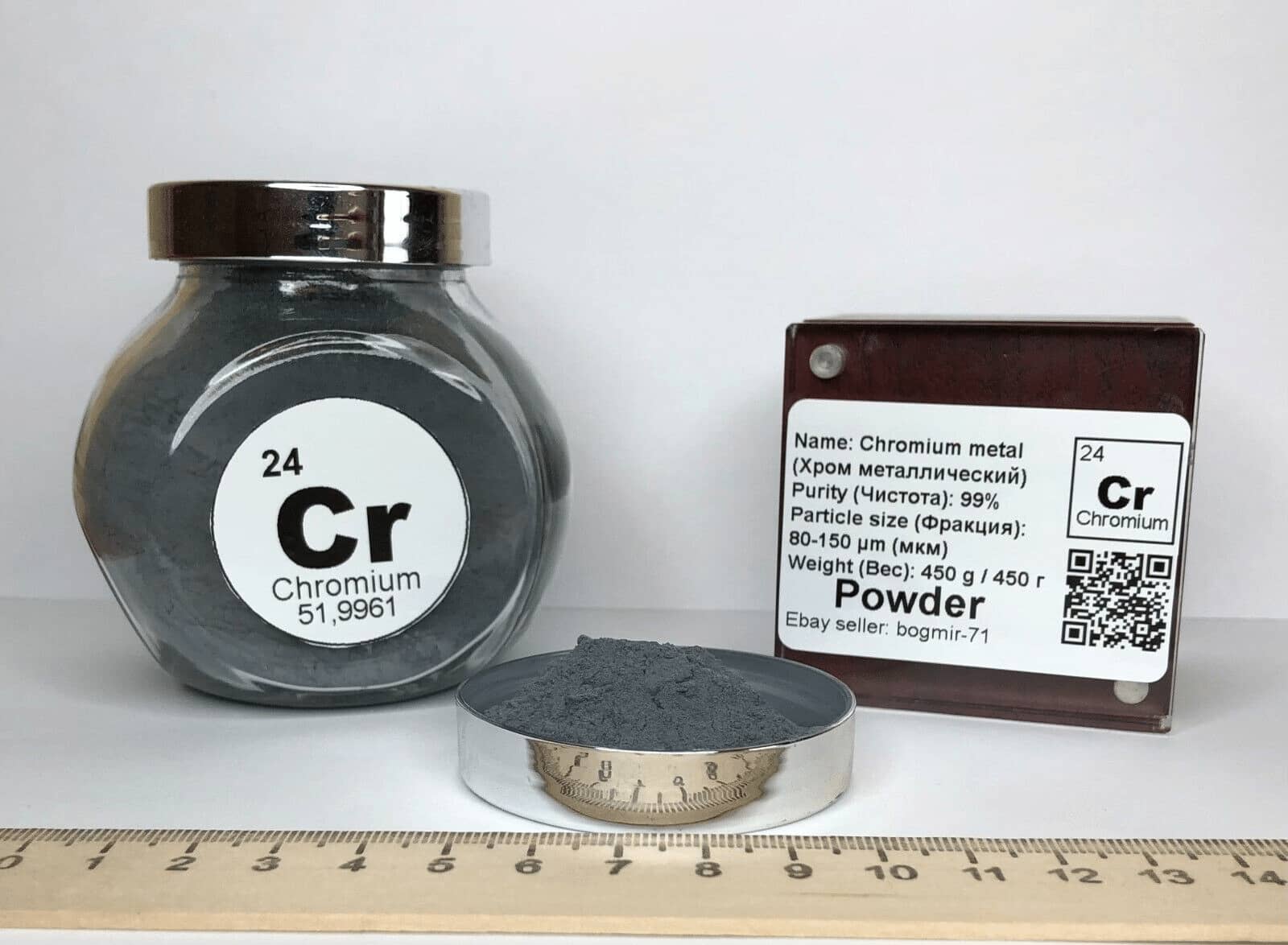
Pure Cr Powder
Production Methods of Pure Cr Powder The production of pure chromium (Cr) powder involves several methods, each with its unique advantages and disadvantages. These methods can be broadly categorized into

Production Methods of Pure Cr Powder The production of pure chromium (Cr) powder involves several methods, each with its unique advantages and disadvantages. These methods can be broadly categorized into
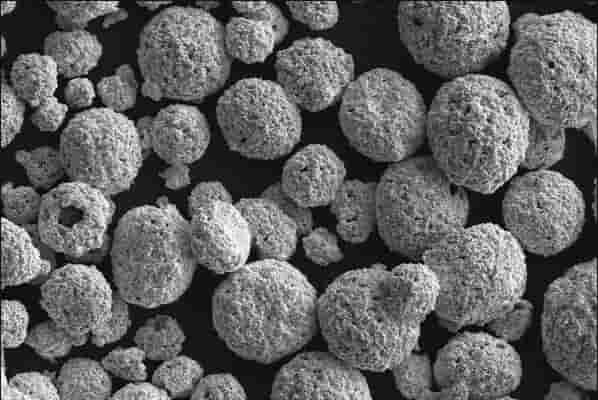
Production Methods of TiC Powder Titanium carbide (TiC) powder is a versatile material with numerous applications in industries ranging from cutting tools to aerospace components. Its production involves several methods,
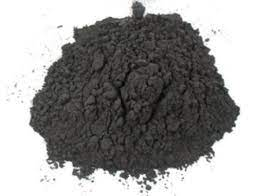
Applications of TZM Powder Titanium‑zirconium‑molybdenum (TZM) is a molybdenum alloy that is optimized for high-temperature applications and is produced mainly by powder metallurgy. Addition of 0.5 wt% titanium, 0.08 wt% zirconium
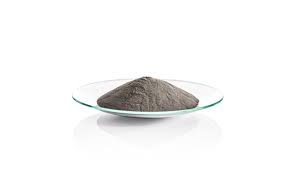
Introduction: Taming the Heat with Advanced Materials In the relentless pursuit of technological advancement, we often encounter environments of extreme heat and pressure. Whether it’s the depths of a rocket
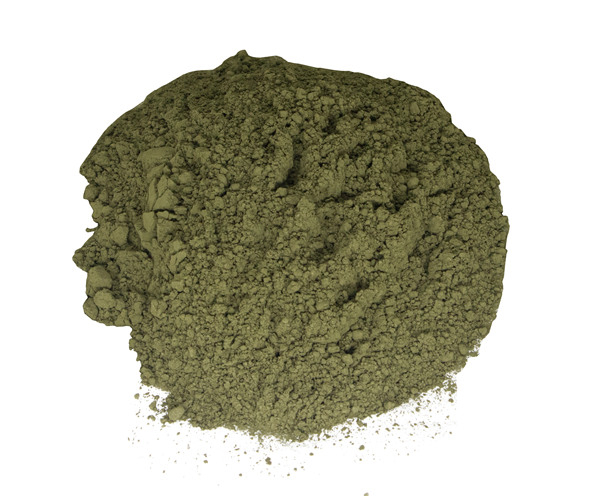
Synthesis Methods Manganese(II) sulfide is a chemical compound of manganese and sulfur. It occurs in nature as the mineral alabandite (isometric), rambergite (hexagonal), and recently found brownie (isometric, with sphalerite-type structure,
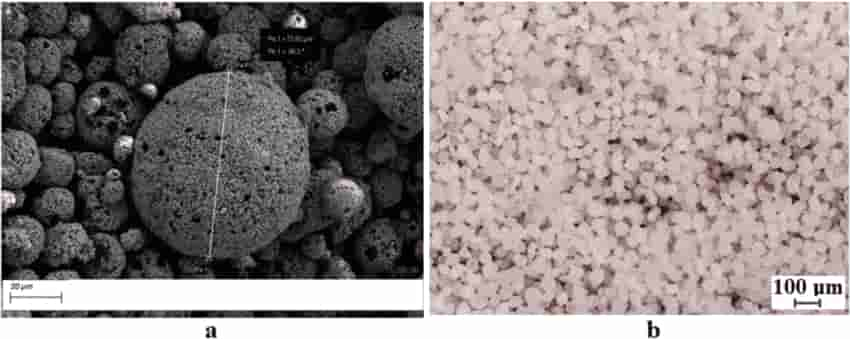
Manufacturing Processes of WC-12Co Powder WC-12Co powder, a versatile material with exceptional hardness, wear resistance, and toughness, is produced through a series of intricate manufacturing processes. These processes involve the
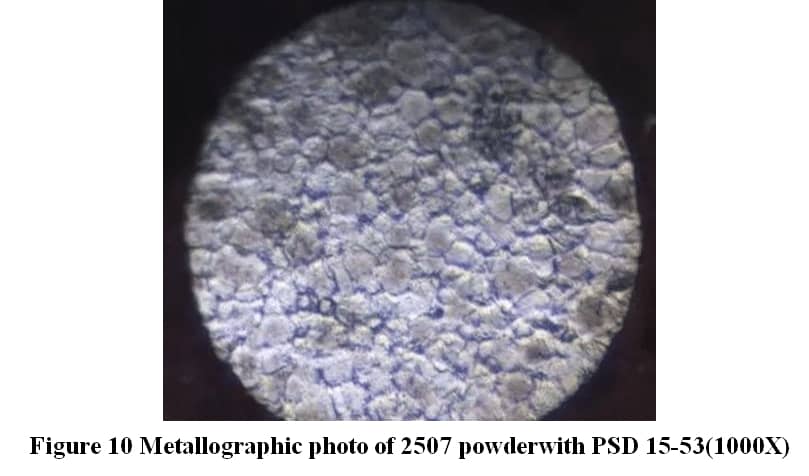
Production Methods of WMoTaNbZr Powder WMoTaNbZr powder, a refractory metal alloy with exceptional properties, has gained significant attention in various industries. Its unique combination of high melting point, excellent corrosion
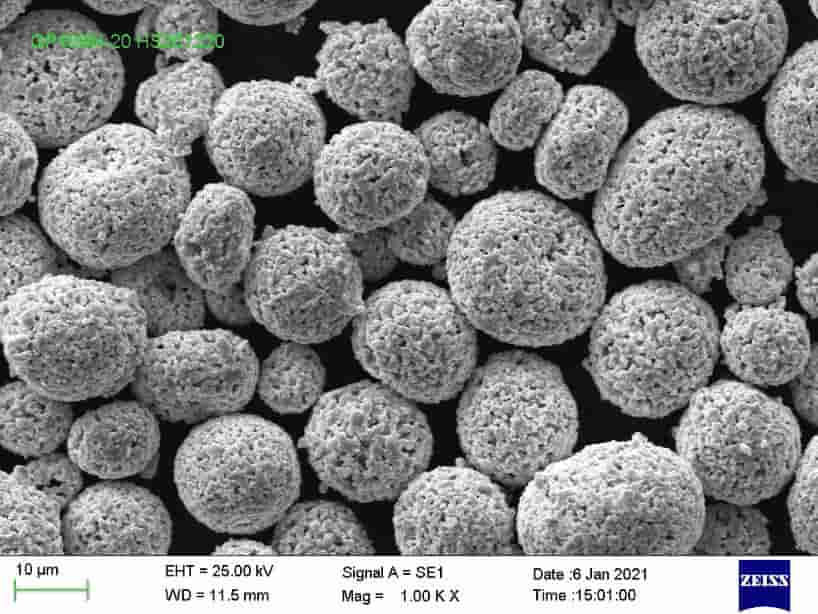
Properties and Characteristics of CoNiCr Powder CoNiCr powder, a ternary alloy composed of cobalt, nickel, and chromium, exhibits a unique combination of properties that make it highly desirable for a
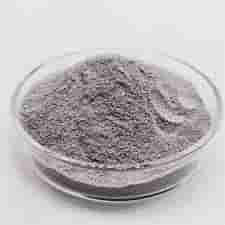
Manufacturing Processes for FeCoNiCrTi Powder FeCoNiCrTi powder can be produced through various manufacturing methods, each with its own advantages and disadvantages. The choice of method depends on the desired properties,
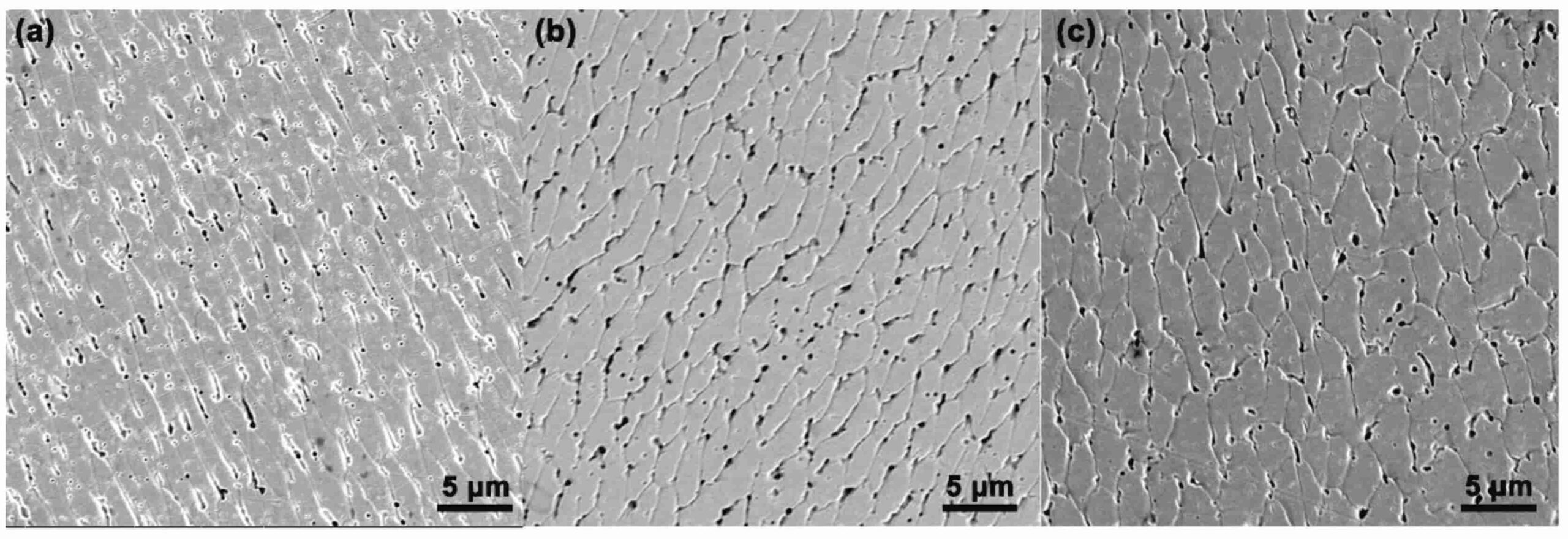
Manufacturing Processes for FeCoNiCrMn Powder FeCoNiCrMn powder, a high-entropy alloy (HEA), offers unique properties that make it desirable for various applications. The manufacturing process significantly influences the powder’s microstructure, particle
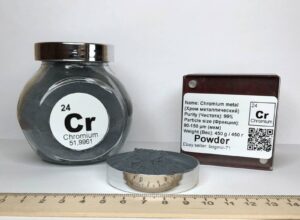
Production Methods of Pure Cr Powder The production of pure chromium (Cr) powder involves several methods, each with its unique advantages and disadvantages. These methods can be broadly categorized into chemical reduction, electrolytic processes, and mechanical alloying. Chemical Reduction This is the most common method for producing chromium metal. It involves reacting chromium oxide (Cr2O3)
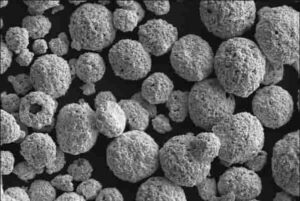
Production Methods of TiC Powder Titanium carbide (TiC) powder is a versatile material with numerous applications in industries ranging from cutting tools to aerospace components. Its production involves several methods, each with its own advantages and disadvantages. Carbothermal Reduction This is the most common and industrially preferred method. It involves heating a mixture of titanium

Applications of TZM Powder Titanium‑zirconium‑molybdenum (TZM) is a molybdenum alloy that is optimized for high-temperature applications and is produced mainly by powder metallurgy. Addition of 0.5 wt% titanium, 0.08 wt% zirconium and typically 0.01–0.04 wt% carbonTZM powder, with its exceptional combination of high-temperature strength, corrosion resistance, and low thermal expansion, finds diverse applications across various industries.

Introduction: Taming the Heat with Advanced Materials In the relentless pursuit of technological advancement, we often encounter environments of extreme heat and pressure. Whether it’s the depths of a rocket engine or the heart of a nuclear reactor, these demanding applications require materials that can withstand incredible challenges. C103 Powder(Nb Bal., Hf 9.0-11.0, Ti 0.7-1.3)
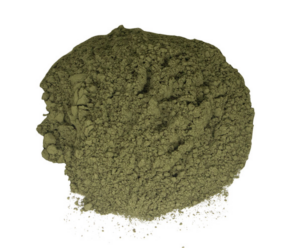
Synthesis Methods Manganese(II) sulfide is a chemical compound of manganese and sulfur. It occurs in nature as the mineral alabandite (isometric), rambergite (hexagonal), and recently found brownie (isometric, with sphalerite-type structure, extremely rare, known only from a meteorite).MnS powder can be synthesized through various methods, each offering distinct advantages and disadvantages. The chosen method often depends
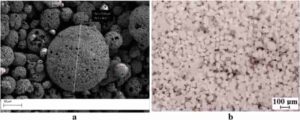
Manufacturing Processes of WC-12Co Powder WC-12Co powder, a versatile material with exceptional hardness, wear resistance, and toughness, is produced through a series of intricate manufacturing processes. These processes involve the synthesis of tungsten carbide (WC) and cobalt (Co) powders, followed by their mixing, compaction, and sintering. Tungsten Carbide (WC) Synthesis WC is typically synthesized through
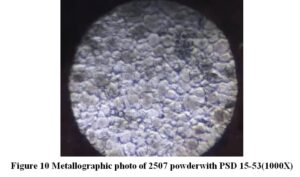
Production Methods of WMoTaNbZr Powder WMoTaNbZr powder, a refractory metal alloy with exceptional properties, has gained significant attention in various industries. Its unique combination of high melting point, excellent corrosion resistance, and outstanding mechanical properties makes it a valuable material for applications ranging from aerospace and electronics to energy storage. To meet the growing demand
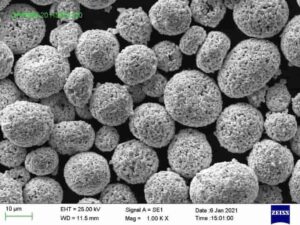
Properties and Characteristics of CoNiCr Powder CoNiCr powder, a ternary alloy composed of cobalt, nickel, and chromium, exhibits a unique combination of properties that make it highly desirable for a wide range of applications. These properties are primarily influenced by the alloy composition and manufacturing process. Chemical Composition and Role of Each Element Element Typical

Manufacturing Processes for FeCoNiCrTi Powder FeCoNiCrTi powder can be produced through various manufacturing methods, each with its own advantages and disadvantages. The choice of method depends on the desired properties, cost, and production scale. Mechanical Alloying (MA) A high-energy ball mill is used to grind and mix elemental powders or pre-alloyed powders. The impact and
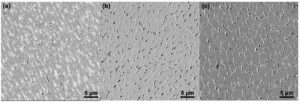
Manufacturing Processes for FeCoNiCrMn Powder FeCoNiCrMn powder, a high-entropy alloy (HEA), offers unique properties that make it desirable for various applications. The manufacturing process significantly influences the powder’s microstructure, particle size distribution, and overall properties. Mechanical Alloying (MA) Mechanical alloying is a widely used method for producing FeCoNiCrMn powder. It involves subjecting a mixture of
Any questions? Send us message now! We’ll serve your request with a whole team after receiving your message.

Xmetto for 3D Printing and Additive Manufacturing